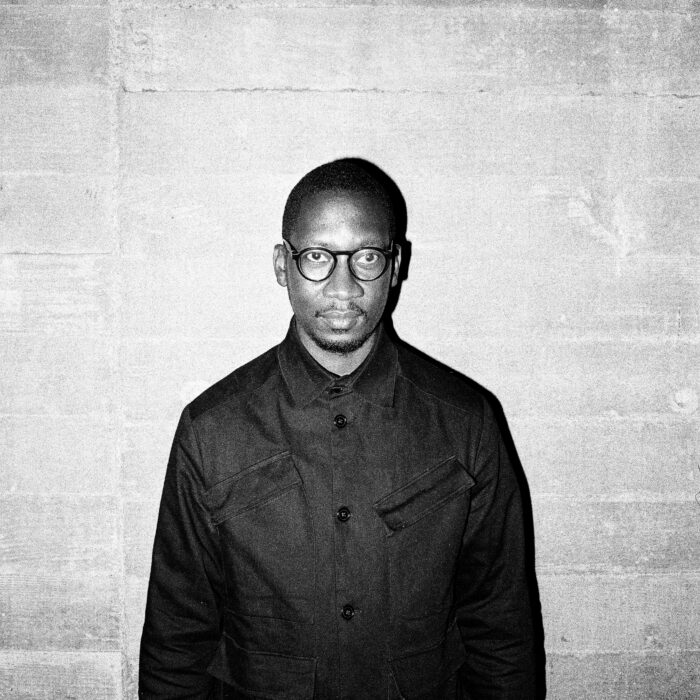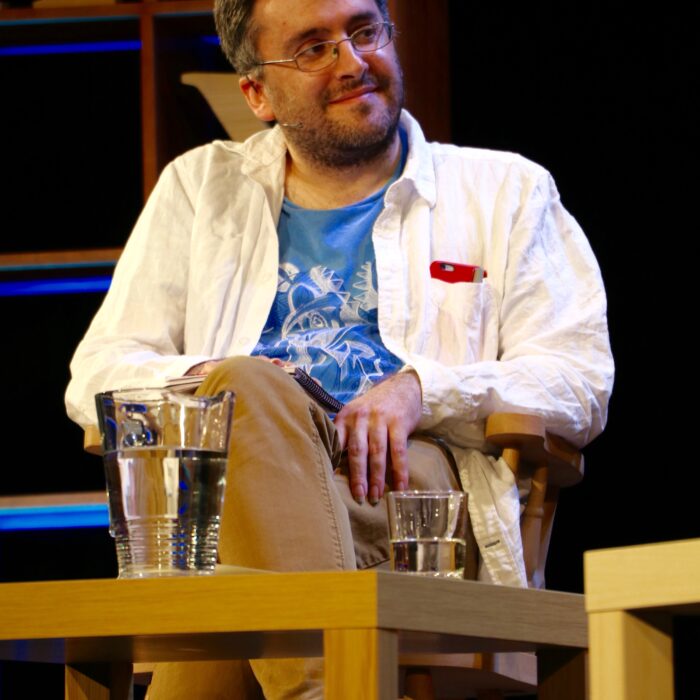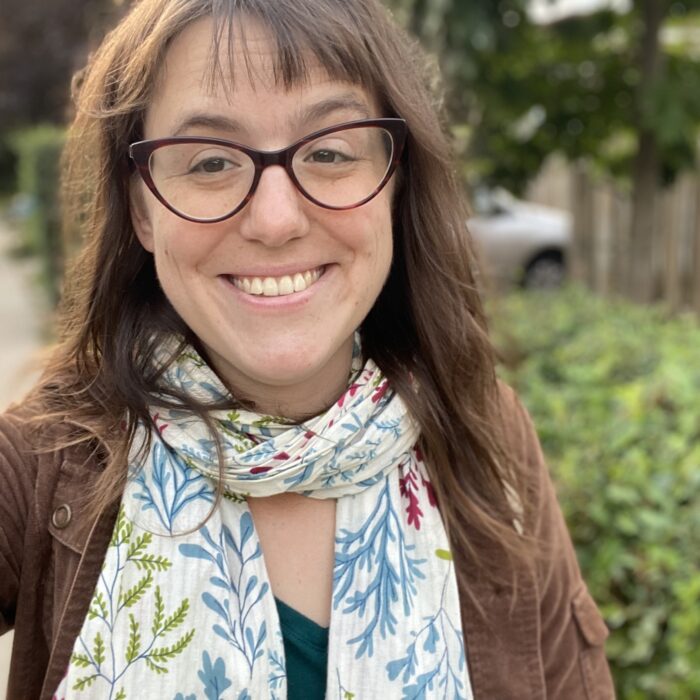You have no items in your cart. Want to get some nice things?
Go shoppingDan Coxon talks to Charlie Hill, author of Books – a satire set within the world of bookselling and international bestsellers – about the state of the industry and his decision to write a satirical novel.
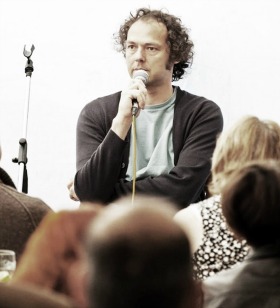
What made you decide to write a satirical novel? Where did the initial impetus come from?
A few years ago, I was working at Waterstones and reviewing books for the papers. Far too many of the books I reviewed were variations on the same formula: uninteresting bloke muses about dull relationships with two-dimensional women. Judging by the covers on them, this sort of rubbish also made up most of the novels we piled up at the front of the shop. I wondered why publishers were putting so many resources into promoting this particular literary idiom above all others, and what would happen if the ‘Cult’ sections of High Street bookshops were enormous and the ‘Mainstream Fiction’ bits tiny. I also thought that if I couldn’t write better books than the ones I was being asked to read, I’d stand stuffing.
As with much comedy, Books has an underlying current of anger in it. It even has a character called Anger! What angers you most about the publishing industry today?
I don’t know if I’m angry with the publishing industry. Frustrated is probably a better description. I am, however, interested in publishing’s place in the culture. Is its timidity a symptom of our present, colorfully vile malaise? Or in some way a cause?
Both Richard Anger and Gary Sayles feel very true to life… was either based upon a particular writer?
Richard Anger has one or two bits of me in him. Gary Sayles is a fictitious character. Any resemblance to any real person, living or dead, is purely coincidental.
In reading Books I thought I detected a debt to Kingsley Amis, and possibly, in its wilder moments, to Will Self. To what extent were you aware of writing within the cultural history of British satire?
That’s an interesting question. I’m not sure I was aware of it, really. I’ve never read any Kingsley Amis and don’t get on with Will Self’s fiction (although I love his non-fiction.) The only Martin Amis I’ve read is Night Train and The Moronic Inferno. I tried to read Scoop by Evelyn Waugh, but didn’t get very far. I haven’t read Cold Comfort Farm. I have read Come to the Edge by Joanna Kavenna and as a kid I absolutely loved Riotous Assembly and Indecent Exposure by Tom Sharpe, but I doubt his influence on my writing is strong enough to place me in the tradition.
In any case, I’m wary of being lumped in with other writers. I don’t think it means much and can be unhelpful. I’m a writer who comes from Birmingham. There are others. Talking about us on Facebook the other day, someone coined the term ‘Brumlit’. It’s lovely that there are other writers from Birmingham. But I rather wish they hadn’t…
Anger has a love of both alcoholic excess and avant-garde literature. Which writers excite you? And what’s your favourite tipple?
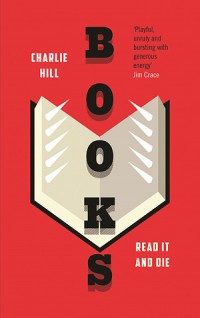 I’m fascinated by the relationship between booze and writing. I can’t write after having a drink but I do revise. I like what Guy Debord said about it: “I have written much less than most people who write; but I have drunk much more than most people who drink.” I’ll drink anything, but I prefer red wine, Guinness or malt whisky.
I’m fascinated by the relationship between booze and writing. I can’t write after having a drink but I do revise. I like what Guy Debord said about it: “I have written much less than most people who write; but I have drunk much more than most people who drink.” I’ll drink anything, but I prefer red wine, Guinness or malt whisky.
My reading preferences are less fixed. At the moment I’m excited by Marilynne Robinson, JG Ballard, Richard Brautigan, Ali Smith, Katherine Mansfield, Alison Moore, Ann Quin, Jim Crace and George Pelecanos. I’m hoping to be excited by Junot Diaz and John Williams.
Do you have a specific place you like to write, or a regular routine? What does your writing space look like?
I don’t have a routine. Which might explain why it once took me a year to write and place a 500 word story. If I’m struggling with the structure or tone of my writing, I go out for a walk. Sitting on trains or buses helps too. It’s almost as if being out in the world gives me a clearer sense of what my work is or needs to be. Where it fits, if you like.
I can’t write sentences though – at least not good ones – unless I’m at my desk. Which is always covered in empty wine bottles and whisky glasses.
Charlie Hill’s second novel – a comedy of ideas called Books – is published by Tindal Street Press/Serpent’s Tail, and is available now from Foyles for books and all good bookshops. You can read more of his writing here on the Litro website, including his recent essay “On Class and Writing a Novel”.
About Dan Coxon
Dan Coxon is the Magazine Editor for Litro.co.uk, and the author of Ka Mate: Travels in New Zealand. He lives in London, where he spends his spare time looking after his two-year old son, Jacob. His writing has most recently appeared in Salon, The Portland Review, Neon, Gutter, The Weeklings, The Nervous Breakdown, Spartan, and the Ben Tanzer-edited anthology Daddy Cool. Find more of his writing at www.dancoxon.com, or follow him on Twitter @DanCoxonAuthor.

